F³G-Verbund
Was ist der F³G?
Die „Forschungsverbünde der Friedrich-Alexander-Universität Erlangen-Nürnberg zur Förderung der Gleichstellung“ (F³G) sind ein Zusammenschluss vielfältiger Verbundforschungsprojekte an der FAU Erlangen-Nürnberg und dem Universitätsklinikum. Ziel ist neben der besseren Vernetzung die zweckmäßige und richtliniengemäße Verwendung von Gleichstellungsmitteln.
Finanziert werden vielfältige Maßnahmen zur Verbesserung der Chancengleichheit sowie der Vereinbarkeit von Wissenschaft und Familie, Maßnahmen zur Gewinnung weiblicher Studierender in den MINT-Fächern, Maßnahmen zur Erhöhung des Frauenanteils in den Verbundprojekten sowie Karrierefördermaßnahmen für Nachwuchswissenschaftlerinnen.
Neben den gemeinsam geplanten Maßnahmen bietet der F³G eine Plattform zum Austausch von Erfahrungen mit Einzelmaßnahmen sowie die Möglichkeit, neue, umfangreiche Maßnahmen gemeinsam anzuschieben und zu verwirklichen.
Der F³G strebt die Realisierung weiterer innovativer Maßnahmen in enger Zusammenarbeit mit den zuständigen Institutionen von FAU und Universitätsklinikum, insbesondere dem Büro für Gender und Diversity sowie dem Familienservice, an.
Weitere Informationen zum F³G finden Sie im Flyer Forschungsverbünde der FAU zur Förderung der Gleichstellung

Maßnahmen zur Vereinbarkeit von Familie und Wissenschaft
- Kontingentplatzsicherung in Kinderkrippen, Kindergärten und Horten
- Kinderbetreuungs- und Tagungsservice
- Notfallbetreuung
- (Mobile) Eltern-Kind-Zimmer an verschiedenen Standorten
- Home Office-Arbeitsplätze
- Hilfskräfte oder technische Assistenz zur Forschungsunterstützung während Mutterschutz- und Elternzeiten
- Angebote und Workshops in der Ferienbetreuung
Maßnahmen zur Karriereförderung und Sensibilisierung
- Women-in-Science-Symposium
- Workshop-Programm für Nachwuchswissenschaftlerinnen
- Individuelles Coaching
Mädchen in MINT-Nachwuchsförderung
- KinderUni
- MINT-Angebote in der Ferienbetreuung der FAU
- Schulkooperationen
F³G Workshop program 2024
All F³G events are held in English. Register via the form below. Registration is open only for researchers active in F³G research cooperations.
Mai 14th, 15th, 16th and 17th, from 9.00 am to 11.00 am respectively
Online via Zoom
Your trainer is Dr. Karin Bodewits
Deadline for registrations with your research cooperation is April 10th 2024
Why does it matter?
Whether you already hold your science degree or you prepare for it, it matters to proactively prepare your further career.
Contents
You will learn about:
- Yourself: Your interests, values and skills
- Career options: There are many more options than you think and you will be able to change between them
- Shall I do a postdoc or not?
- Skills development: Which (hidden) skills do you already have, which can you develop during your time in academia
June 11th and 12th from 9.00 am to 12.30 am respectively
Online
Your trainer is Dr. Isabel Werle
Deadline for registrations via the link below is May 7th 2024. In case you are not sure about the identification of your research cooperation, please contact your coordinator.
Why does it matter?
The ability to deal with conflict is a key factor for personal and professional success.
- You will learn how to resolve conflicts effectively and confidently.
- You will be trained to distinguish between constructive and destructive conflicts
- You will learn how to prevent a disagreement from becoming a conflict and how to de-escalate conflicts.
- You will understand the great potential in conflicts.
Contents
- Analyzing one’s own behavior and how one communicates within conflict
- Recognizing and understanding conflict dynamics & the nine levels of conflict escalation
- Constructive communication: Helpful conversation techniques during conflicts
- The impact of personality on dealing with conflict
- Solution-oriented approaches in conflict
- Strategies for constructive conflict resolutions
July 5th and 12th from 9.00 am to 12.00 am respectively
Online
Your trainer is Jennifer J* Moos
Deadline for registrations via the link below is June 4th 2024. In case you are not sure about the identification of your research cooperation, please contact your coordinator.
Why does it matter?
Creating gender- and diversity-sensitive research environments is a joint objective. But what does it mean, how does it work and how might it impact our research projects and careers?
You better get prepared and
- learn about key concepts and measures of gender equality, diversity and inclusion in academia
- reflect on gender and diversity inequalities in and outside of academia
- build an awareness of the effects of unconscious biases, e.g. in recruitment procedures, funding
- explore gendered innovations projects in STEM and medicine
- develop first ideas on how to contribute to and benefit from gender and diversity initiatives on individual, team, and organizational levels
Contents
In this workshop, we will discuss key concepts and vocabulary as well as phenomena such as the leaky
pipeline. Special emphasis will be given to raising awareness for unconscious biases: What are biases?
When do they appear? What are their effects? And why is this important in STEM and medicine? You will be encouraged to reflect your own
attitudes and approaches to gender, diversity, and inclusion in academia and beyond, to check your own unconscious biases (because we all have them), and to develop first ideas on how to contribute to creating inclusive research environments.
September 26th and 27th from 9.00 am to 1.00 pm respectively
Online via Zoom
Your trainer is Matthias Merkelbach
Coach certified by the Coaching Academy Stuttgart, since 2009 trainer and seminar leader for Impulsplus on topics of career planning, job
application, leadership, team building and communication, among others at FZ Jülich, RWTH Aachen, ETH Zürich, OvGU Magdeburg, KIT Karlsruhe, Ludwig Maximilian University of Munich.
Deadline for registrations via the link below is September 3rd 2024. In case you are not sure about the identification of your research cooperation, please contact your coordinator.
Why does it matter?
As a postdoc and a group project leader you will supervise PhD students, students and technical staff group. In order to master the leadership role while keeping track of your creative research projects, basic tasks and tools of management and leadership in a scientific surrounding will be of utmost importance.
The workshop will help you
- to handle responsibilities
- by reflecting on your own experience of leadership and
- to broaden your knowledge of useful management and leadership tools.
Contents
- Leadership and management in a scientific surrounding
- Leadership tools and activities
- Organizing the supervision of PhD candidates
- Common conflicts arising during supervision
- Communication: difficult conversations
- Conditions for a motivational environment
- Exchange of good practice among the participants
October 8th from 9.00 am to 3.30 pm
Online via Zoom
Your trainer is Juliane Handschuh
Deadline for registrations via the link below is September 25th 2024. In case you are not sure about the identification of your research cooperation, please contact your coordinator.
Who should join and why?
Early career researchers from diverse backgrounds benefit from connecting with peers, sharing experiences, and developing strategies for success in their academic journeys. We welcome participants from all dimensions of diversity, including but not limited to: women* and gender minorities, members of the LGBTQIA+ community, researchers from underrepresented racial and ethnic backgrounds, international scholars, first-generation academics, individuals with disabilities. They will empower themselves and contribute to a more inclusive academic community.
The workshop will help to
- Define diversity and its dimensions in the research context
- Build a network of like-minded researchers
- Identify common challenges and hurdles in academia
- Develop practical strategies for navigating these hurdles in the context of your research teams
- Learn from expert insights on resilience and success in research
- Create a personalized support web for your academic journey
Key activities
- „Mapping the Academic Landscape“: Collaborative identification of challenges
- „Strategy Exchange“: Peer-to-peer sharing of success tactics
- „Creating Your Academic Support Web“: Building a strong professional network
November 13th and 14th from 9.00 am to 1.00 pm respectively
Online via Zoom
Your trainer is Dr. Daniel Friedrich
Deadline for registrations via the link below is October 15th 2024. In case you are not sure about the identification of your research cooperation, please contact your coordinator.
Why does it matter?
Ph.D. students and Postdocs need to advance their research while also managing many other tasks, like teaching, supervising, or doing admin work. Project management skills and competencies in time management are indispensable for productive progress.
This workshop helps you to build the required skills
- to make optimal use of your available time
- and to make efficient progress towards your goals.
You will
- learn key project planning techniques and apply them to your research project.
- You will understand
- how to stick to your priorities in the face of conflicting demands
- how to set up routines for highly focused work
- and how to become less perfectionist and more pragmatic.
Selecting methods that work well for you will be a focus as well as discussing how to sustainably transfer them to your work context.
Contents
- Project management
- Goal setting
- Milestone planning & progress monitoring
- Agile planning
- Time management
- Saying no and defending boundaries
- Routines for highly focused work
- Pragmatism & perfectionism
Mitglieder des F³G-Verbunds
Folgende Forschungsverbünde engagieren sich derzeit im F³G:













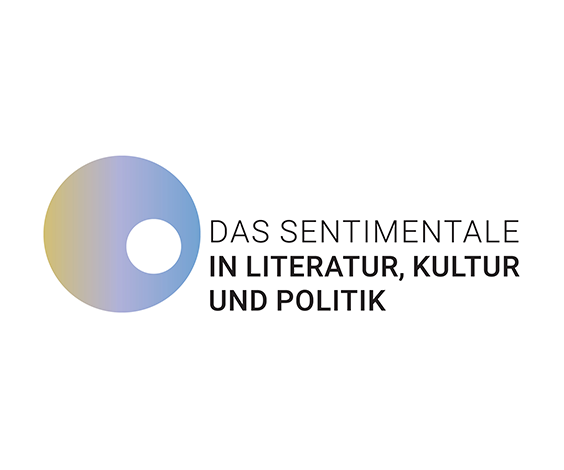
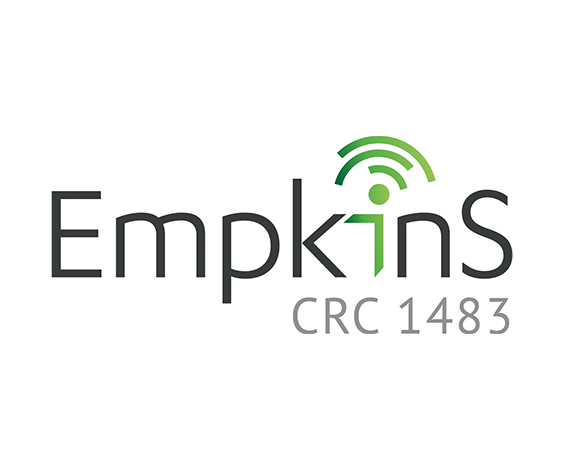
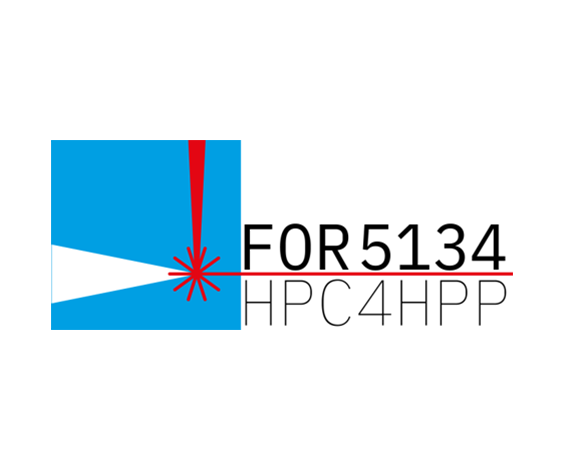
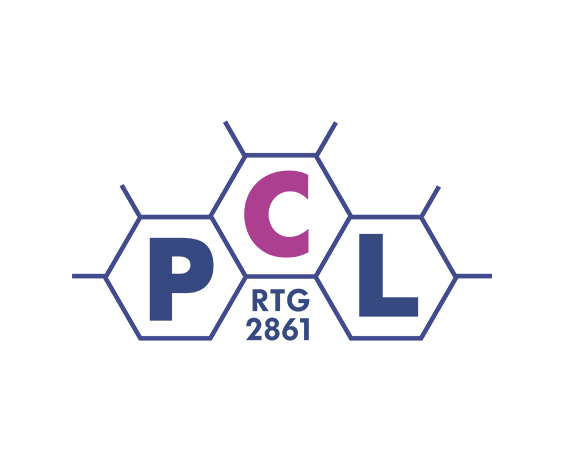
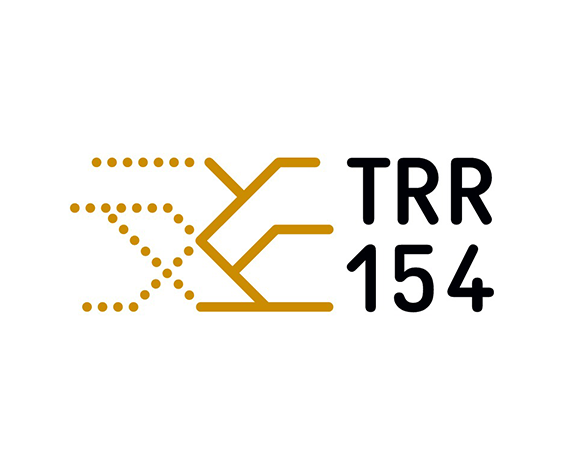
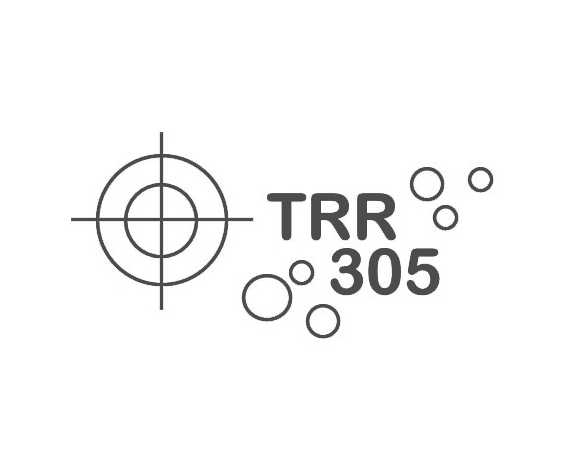
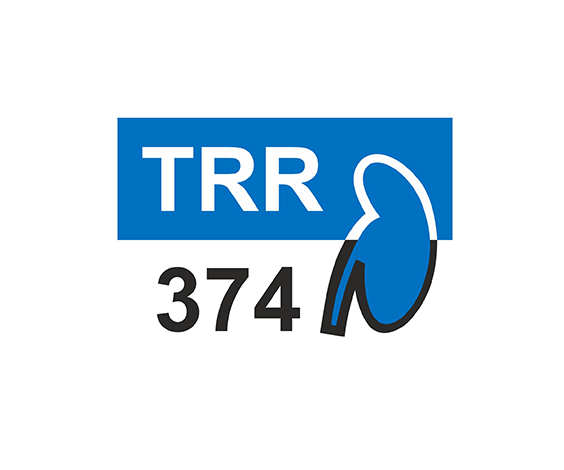
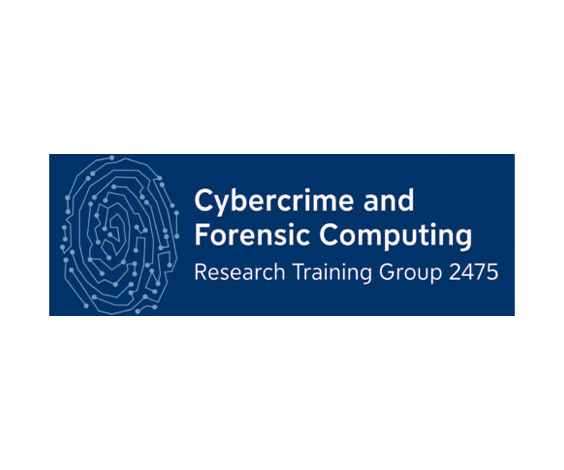
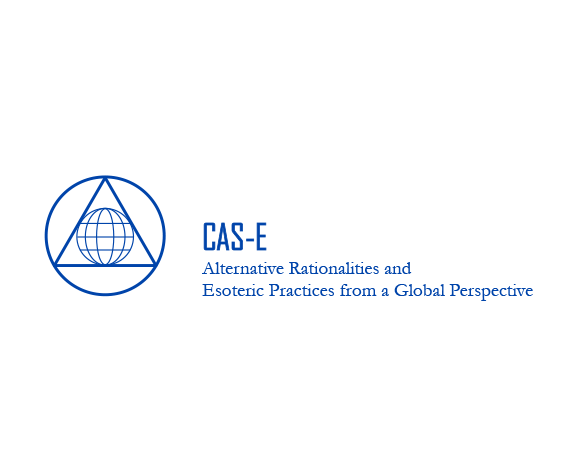
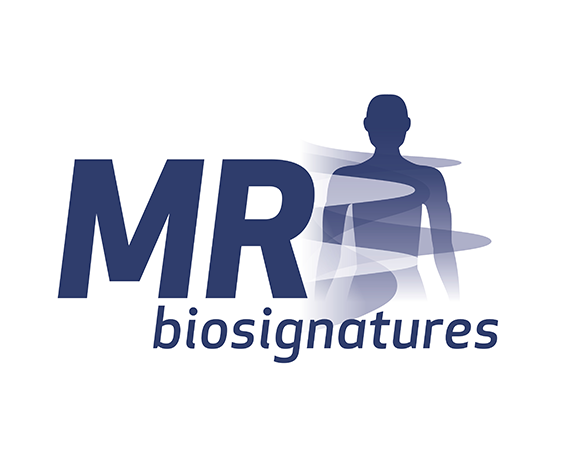
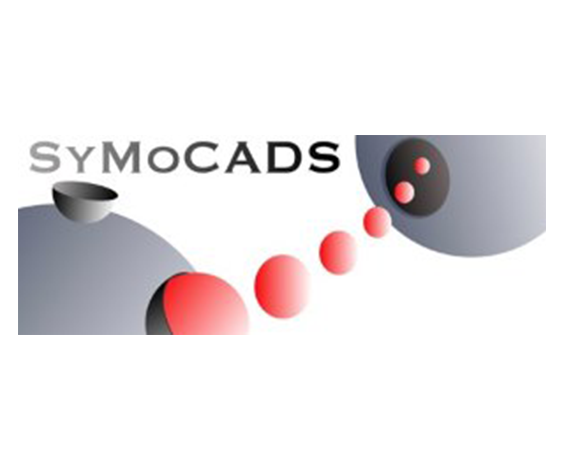
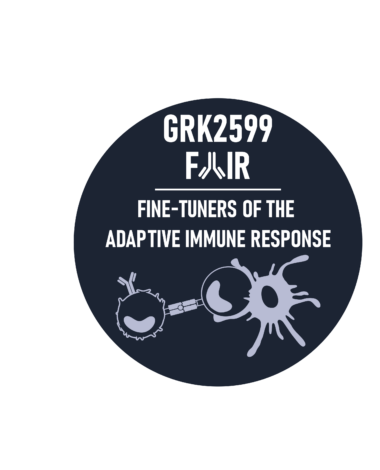
Vollständige Liste der beteiligten Forschungsverbünde:
- SAOT – Erlangen Graduate School in Advanced Optical Technologies
- EXC 315 – Engineering of Advanced Materials
- TRR 221 – Steuerung der Transplantat- gegen-Wirt- und Transplantat-gegen-Leukämie-Immunreaktionen nach allogener Stammzellentransplantation
- TRR 154 – Mathematische Modellierung, Simulation und Optimierung am Beispiel von Gasnetzwerken
- TRR 225 – Von den Grundlagen der Biofabrikation zu funktionalen Gewebemodellen
- TRR 285 – Methodenentwicklung zur mechanischen Fügbarkeit in wandlungsfähigen Prozessketten
- TRR 241 – Immune-Epithelial Communication in Inflammatory Bowel Diseases
- TRR 306 – Quantenkooperativität von Licht und Materie – QuCoLiMa
- TRR 305 – Analyse der metastatischen Koloniebildung zu neuen systemischen Krebstherapien
- TRR 374 – Tubulussystem und Interstitium der Niere: (Patho-)Physiologie und Crosstalk
- SFB 1483 – EmpkinS – Empathokinästhetische Sensorik
- SFB 1452 –CLINT – Catalysis at Liquid Interfaces
- SFB 1411 – Produktgestaltung disperser Systeme
- SFB 1540 – Die Mechanik des Gehirns
- GRK 2495 – Energiekonvertierungssysteme: von Materialien zu Bauteilen
- GRK 2162 – Neurodevelopment and Vulnerability of the Central Nervous System
- GRK 2599 – Fine Tuners of the Adaptive Immune Response
- GRK 2423 – FRASCAL – Fracture across Scales
- GRK 2339 – IntComSin: Grenzflächen, komplexe Strukturen und singuläre Grenzwerte in der Kontinuumsmechanik – Analysis und Numerik
- GRK 2475 – Cyberkriminalität und forensische Informatik
- GRK 2504 – Neue antivirale Strategien: von der Chemotherapie bis zur Immunintervention
- GRK 2726 – Das Sentimentale in Literatur, Kultur und Politik
- GRK 2839 – RTG Dimensions of Constructional Space
- GRK 2861 – Planar Carbon Lattice
- GRK 2950 – SyMoCADS – Synthetic Molecular Communications Across Different Scales: From Theory to Experiments
- FOR 5134 – Erstarrungsrisse beim Laserstrahlschweißen
- FOR 5534 – Schnelle Kartierung von quantitativen MR Bio-Signaturen bei ultra-hohen Magnetfeldstärken
- FOR 2886 – PANDORA – Pathways triggering Autoimmunity and Defining Onset of early Rheumatoid Arthritis
- KFO 5024 – Immun-Checkpoints der Kommunikation zwischen Darm und Gehirn bei entzündlichen und neurodegenerativen Erkrankungen
- KFG 17 – Alternative Rationalitäten und esoterische Praktiken in globaler Perspektive